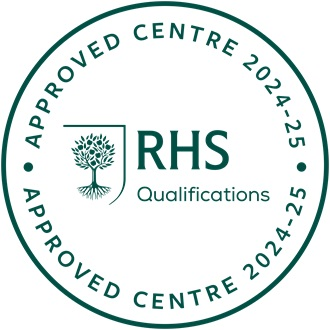
RHS Level 2 Certificate in the Principles of Plant Growth and Development
RQF Qualification Number: 610/1042/X
This new RHS course is an ideal first step for learners considering a career in horticulture.

- Receive the RHS Level 2 Certificate in the Principles of Plant Growth and Development*
- Flexible home-study course to fit your learning around your life
- Personal tutor support
A great choice for leisure or professional gardeners who want to improve their knowledge, including some essential theory!
How the course works
This course consists of two units which are broken down into 4 topics.
Your first set of course materials will be sent to you when you enrol. You can start as soon as you want and progress through the course at your own pace (you have 2 years to complete it), studying when and where you choose. This flexibility makes it easy to fit learning around work and family commitments.
The extensive course materials have been developed by gardening experts and are clear and straightforward, so your studying is easy and enjoyable. As you complete each lesson, your tutor will return your marked assignment with constructive feedback and guidance. (You can also contact your tutor or the support team for help at any point during your studies.)
All the required study materials are included.
On successful completion of your studies and the RHS exams you will be awarded the nationally recognised RHS qualification. You can sit the examinations either online from home or at our centre in Devon.









